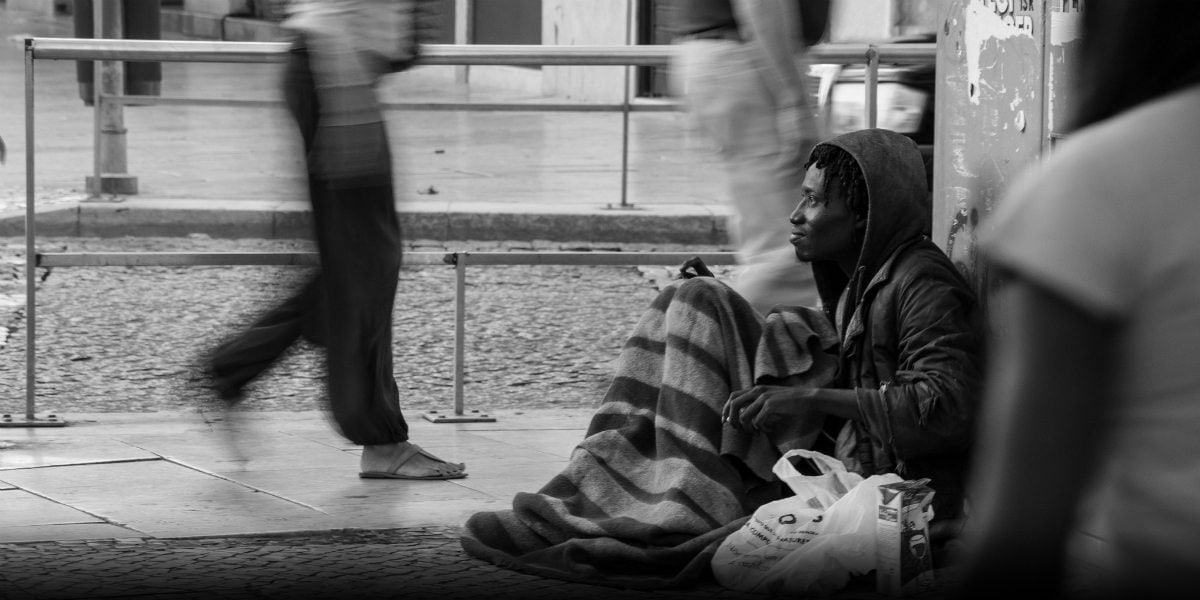Justice as Sadaqa (Charity) – Shaykh Abdal Hakim Murad via Allahcentric
Justice as Sadaqa (Charity) – Shaykh Abdal Hakim Murad « Allahcentric
These are meditations by Shaykh Abdal Hakim Murad on some hadiths of the Prophet Muhammad (Allah bless him and give him peace) related to justice. The balance of Mercy and Justice; the true understanding of justice and its relationship with complete balance; how political justice is (and isn’t) sought; political quietism in the face of misconduct by rulers; classical sects that promoted militancy, and their modern inheritors; the tension between justice and forgiveness; the redress of wrongs; and the need for jurists (and those seeking to promote justice) to be grounded in spirituality.
The full text may be found at Sidi Mas’ud Khan’s Site (www.Masud.co.uk): Justice as Sadaqa (pdf)
An extract:
(2) There is an act of charity [sadaqa] to be given for each part of the human body and for every day over which the sun rises there is a reward of a |adaqa for theone who establishes justice among people.
Justice (‘adl) is due balance (i‘tidal): it is impartiality. The same word is employed to describe the balance of the body’s four humours. When these are in balance, right thinking and health are the consequence. When they are not, the Qur’an speaks of the last day when ‘their tongues, their hands and their feet will bear witness to what they used to do.’ (24:24)
To purify the body from the disorders which both engender and result from sin, a system of worship is gifted in revelation, which culminates in the placing of the forehead, the symbol of human pride and of self-oriented thought, upon the earth. The tongue ‘gives charity’ by praising God, and by speaking words of reconciliation. The hands do so by working to earn a lawful income, and by striving to right wrong sin society.
Taken together, the purifying ‘charity’ offered by the parts of the believer’s body always has a social impact, the highest aspect of which must be to ‘establish justice’, not only by avoiding unbalanced temptations, but by working to establish a political order in which justice is safeguarded.
Political work is thus conceived as a sacrifice. Never is political authority ‘sought’, in the conventional profane understanding, for a hadith says: ‘Do not seek political power, for if you obtain it by seeking it, it will be given power over you.’ This refers to a selfish, egotistic pursuit (hirs) of power, rather than to the selfless seeking of power for the sake of the establishment of justice for others. The model is the Prophet (sallahu alayhi wa sallam) who endangers himself in order to establish God’s justice in a feuding Arabia, and who ends his life in holy poverty, despite the advantages he could have gained from having been born into the aristocracy.
And:
Towards the close of the classical Friday sermon, the preacher recites the Qur’¥nic passage which runs: ‘God enjoins justice and goodness.’ (16:90) The first is clearly not sufficient; or the second would not have been mentioned. Islam’s is a god of justice, but also of mercy. The extent to which the latter virtue can override the former in political life can only be defined in a very limited way in books of law. In Islamic legal culture, which grants the judge more discretion than the heavily statutory jurisdictions of the West, the judge has much room for mercy. In the Religion of Wisdom and Compassion, which deeply trusts human beings, it is no surprise that he should have been given this privilege. But his responsibility is grave, and if he is to escape GodÆs own Rigour, he must first defeat his ego. Sufism, the schoolroom of the selfless virtues, thus becomes the most fundamental juristic science.
Sidi Mas’ud Khan’s Site (www.Masud.co.uk): Justice as Sadaqa (pdf)
Many thanks to Sidi Khuram Zaman, for bringing our attention to this, by posting it on his excellent Allahcentric blog, here.
